World UFO Day
July 2, 2014 in Daily Bulletin
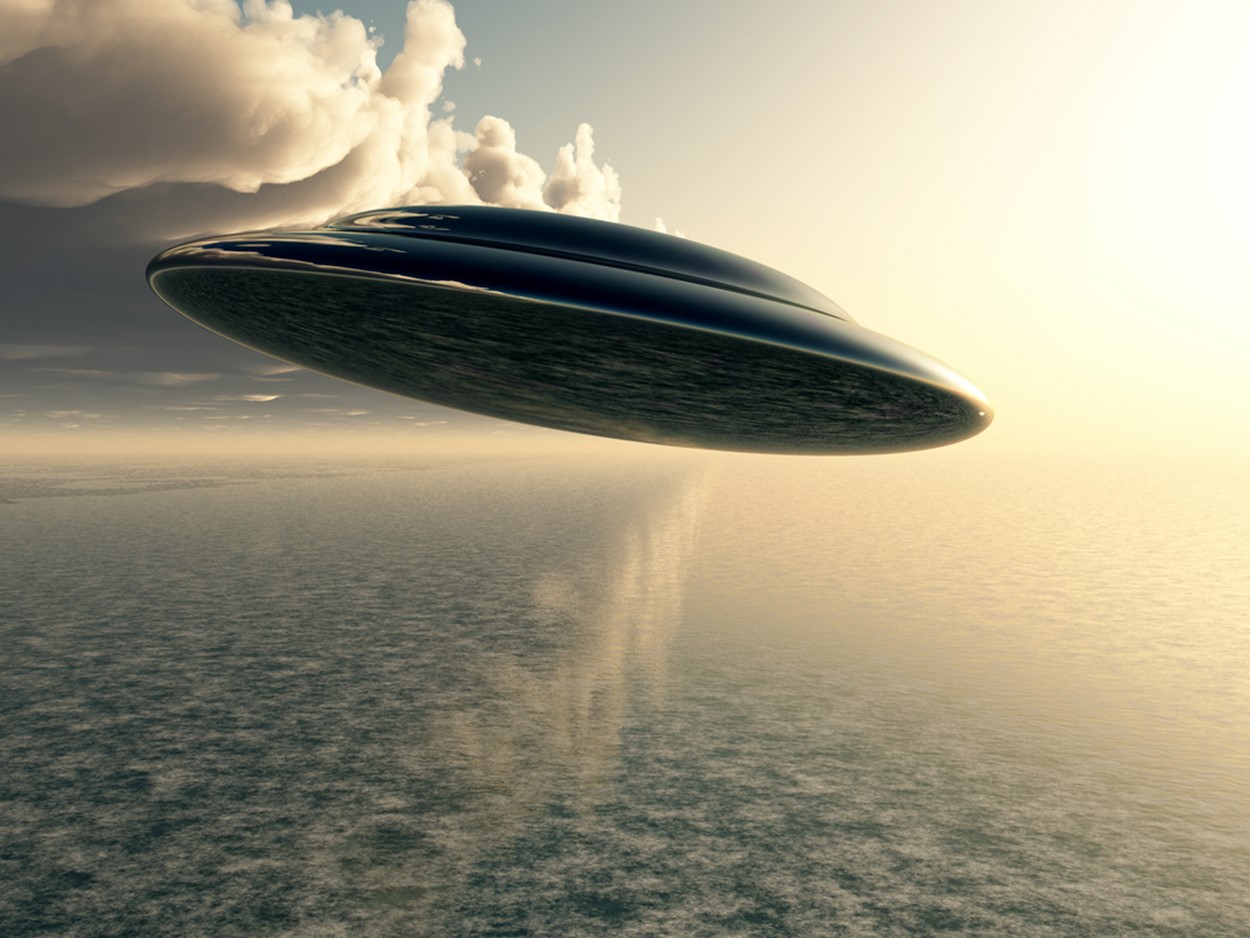
Today is World UFO day. The Economist plotted the frequency of UFO sightings in the United States against the time of day, and the geographic location of sightings and found:
- Sightings peek between the period when work ends and sleep begins, especially on Fridays. Also known as the “drinking hours”.
- States in the north are more likely to see UFOs – the very same states that may glimpse the northern lights every now and then.
- UFOs typically avoid big cities where there are many witnesses.
Read more about the effect that the legalization of pot may have had, details about the data, and more over here.
Source: The Economist








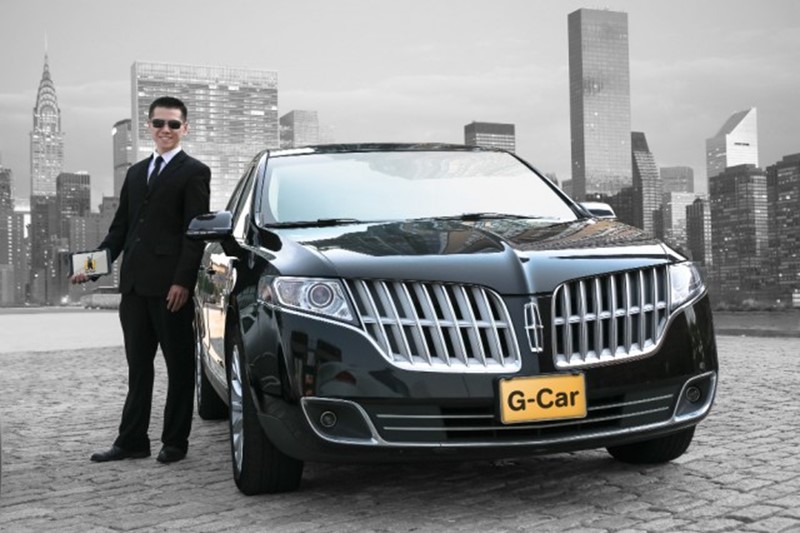

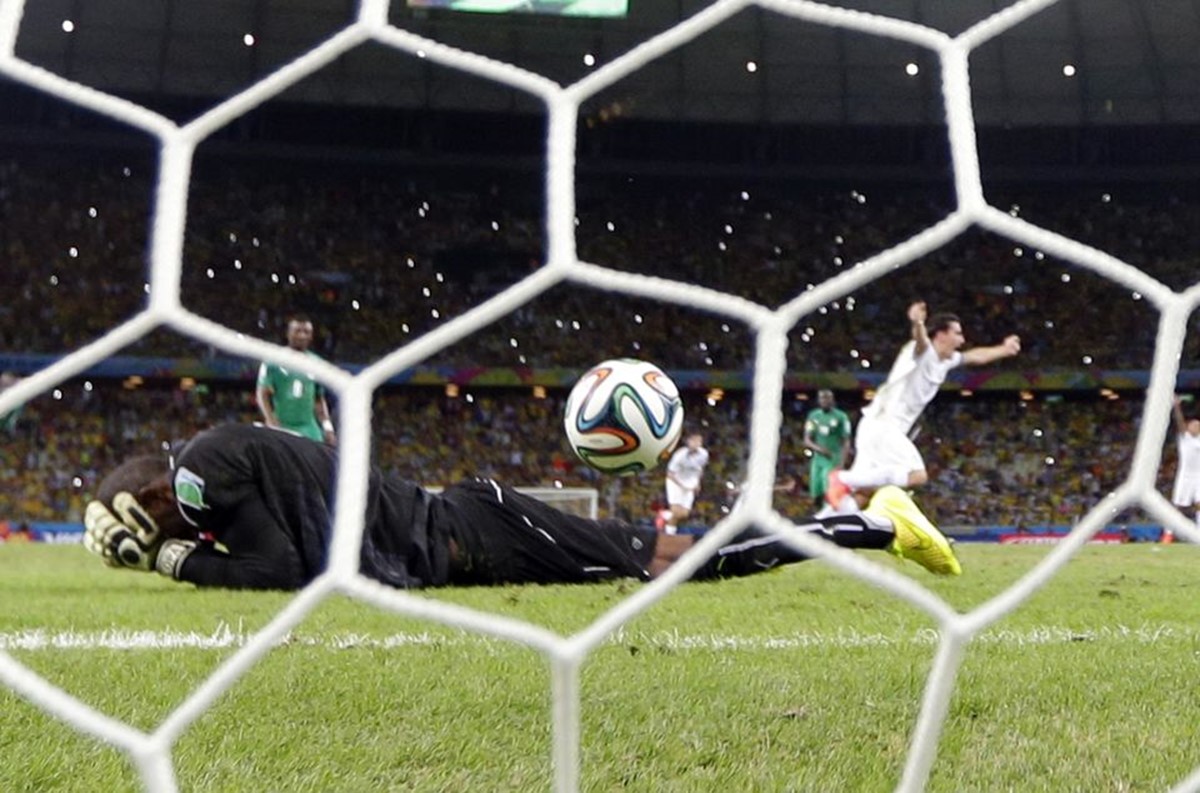
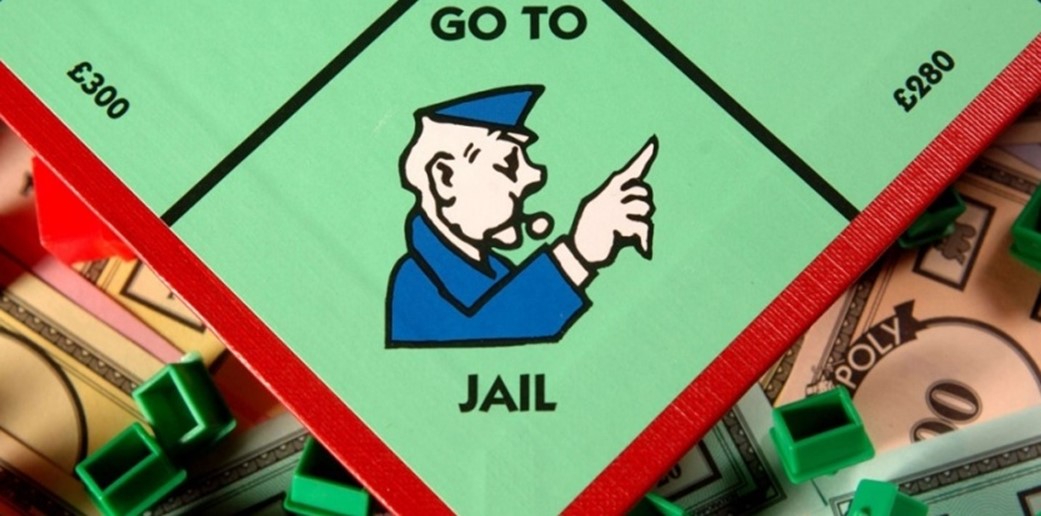
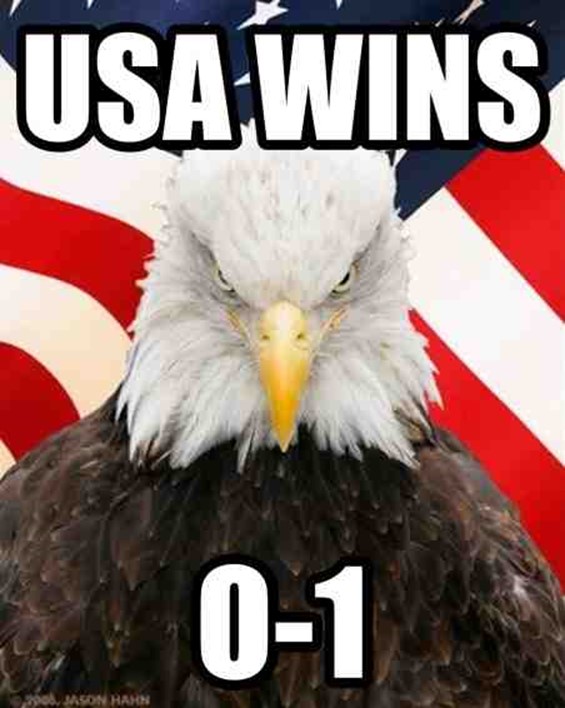

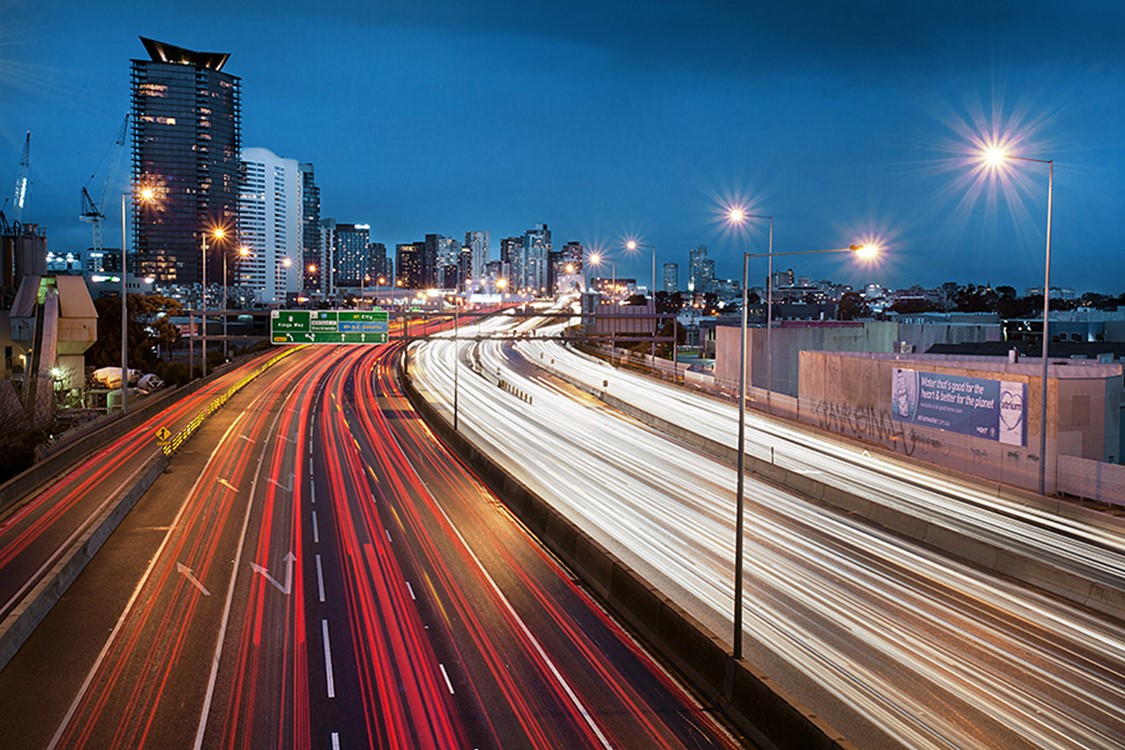
![game-of-thrones-2-dragon[1]](http://www.Centives.net/S/wp-content/uploads/2014/06/game-of-thrones-2-dragon1-1024x576.jpg) Dragons are cool, but you’d probably prefer their diet was
Dragons are cool, but you’d probably prefer their diet was
Join the Discussion! (No Signup Required)